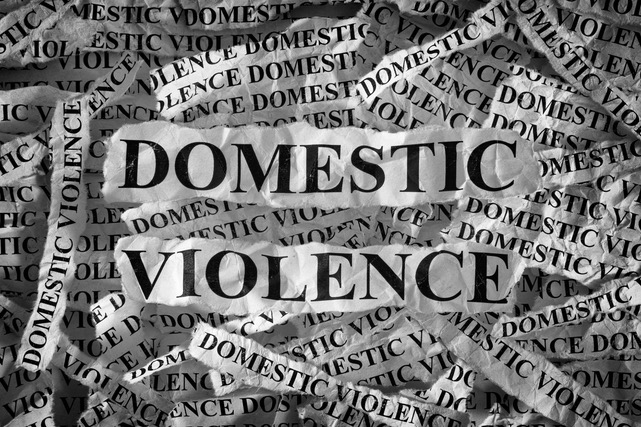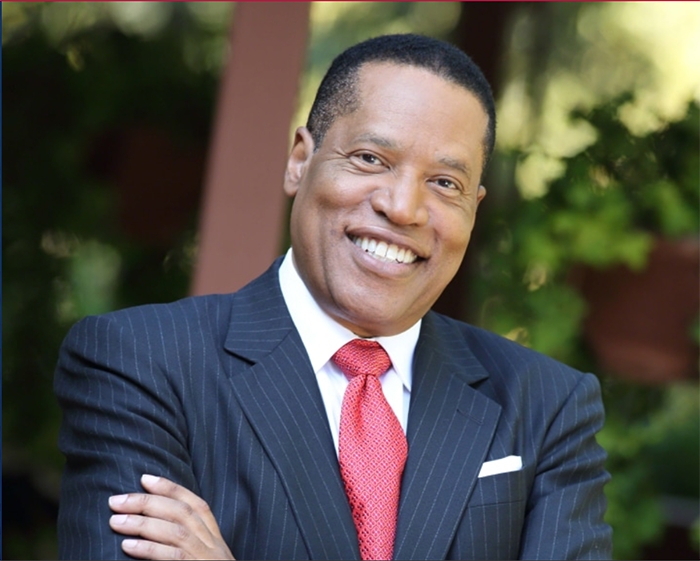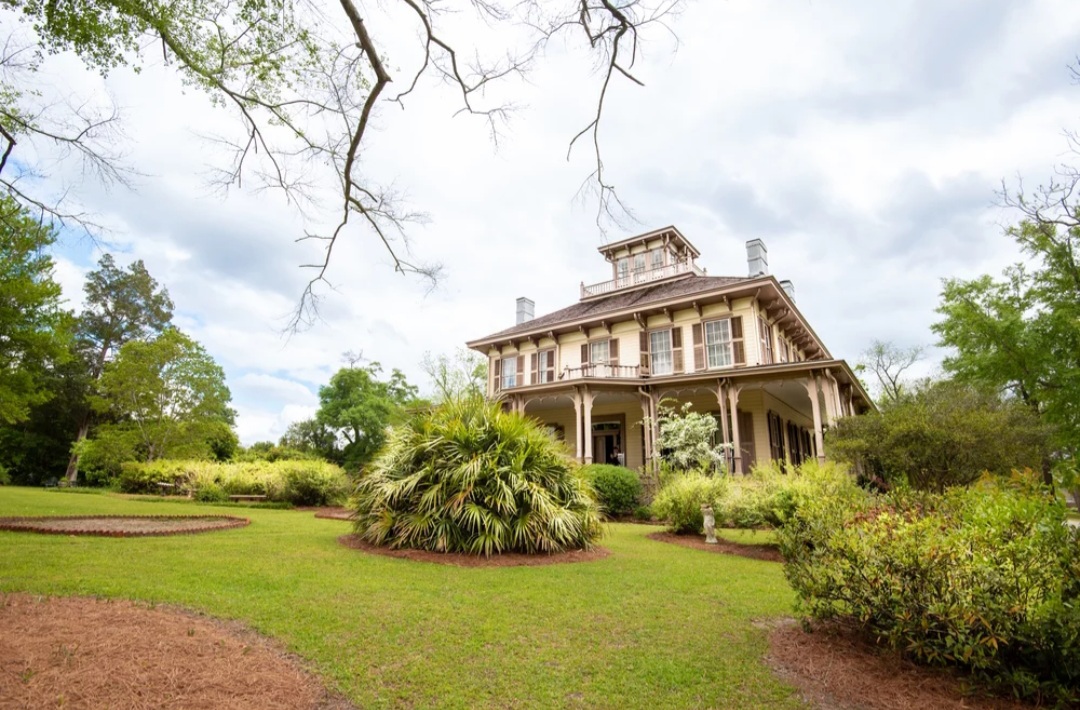By McKenzie Jackson/ Manny Otiko/California Black Media
Late last year JP Morgan Chase announced the launch of an African American initiative aimed at helping Black borrowers secure financing prompted by findings from a study highlighting the difficulties Black businesses face in obtaining capital.
The lending program funded, in part, by JPMorgan Chase partnered with San Fernando Valley based and Latino led non-profit Valley Economic Development Center (VEDC) in an effort to boost economic opportunity for Black-owned businesses in Chicago, Los Angeles, and New York. VEDC’s goal is to create a $30 million loan fund to which JPMorgan has committed $8 million so far.
“In particular, technical assistance and access to affordable capitol are real barriers for African-American owned businesses,” said Diedra Porche Market Manager for Business Banking at JPMorgan Chase in Los Angeles.
Small businesses can receive loans between $35,000 and $250,000 in the program. In order to qualify the business must be more than two years old, 51 percent owned or controlled by one or more African Americans, have 1 to 200 employees with revenue up to $2 million.
Some African American financial experts and business leaders like Aubry Stone, President and CEO of the California Black Chamber of Commerce, applaud the efforts of JPMorgan Chase to solve this problem, but was very critical and concerned about the organizations’ decision to not enlist or invite African-American led organizations to help administer the financing.”
“If this fund is set up to help African-American businesses, would it not benefit the community if an African-American-led organization like the Nehemiah Corporation or others were chosen to lead this effort?” questions Stone. That’s a clear win-win situation helping to achieve the goal of the initiative and strengthen our communities’ financial infrastructure.”
Last week in Los Angeles Chase and VEDC launched the initiative. The morning breakfast showcased a panel of one VEDC start up success story and others including actress and model, Beverly Johnson, who shared experiences of trying to obtain loan financing.
While VEDC showcased one Black business it had funded in 2011 others have been critical and pointed out that the organization does not have a great reputation in the Black community. Tisto Chapman former owner of Powerhouse Gym in Burbank spoke to CBM about the loan he obtained from VEDC, a loan he felt was predatory and ultimately left him closing his business and owing more than $400,000 dollars.
He describes his engagement with VEDC as “abrasive” and says other Black borrowers he knows share similar experiences. “We got replies across the board from people saying they had negative interactions with this agency,” he says.
Public records also indicates VEDC accepted a deed in lieu of foreclosure at the request of the property owner of Maverick Flats, a popular club in the Black community, that sits along Crenshaw Blvd. Maverick Flats is currently listed for $4.25 million and using the selling point that the property is in “the path of the new Crenshaw/LAX Transit Project.”
According to VEDC President Roberto Barragan and OC Isaac national program manager, VEDC is working with numerous Black business organizations, including National Black Chamber of Commerce, to address the issues Black businesses face getting enough funding for their ventures as compared to other groups.







